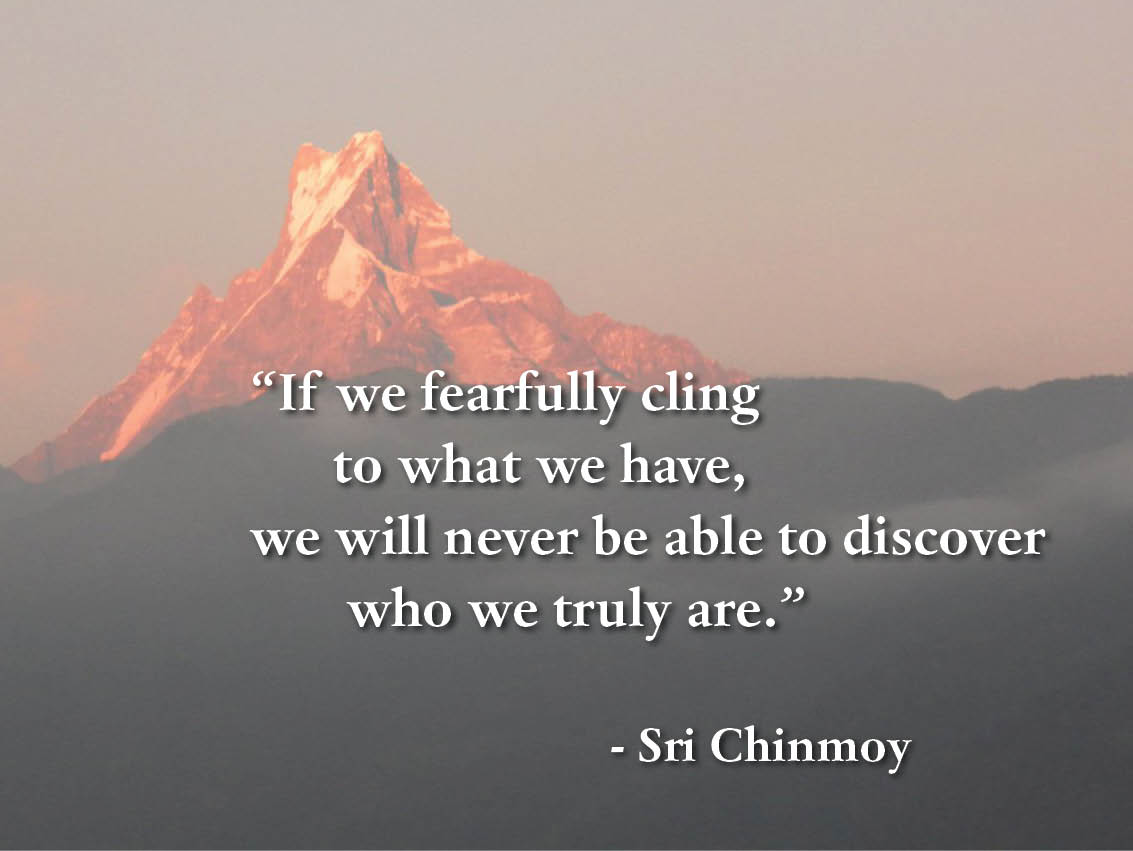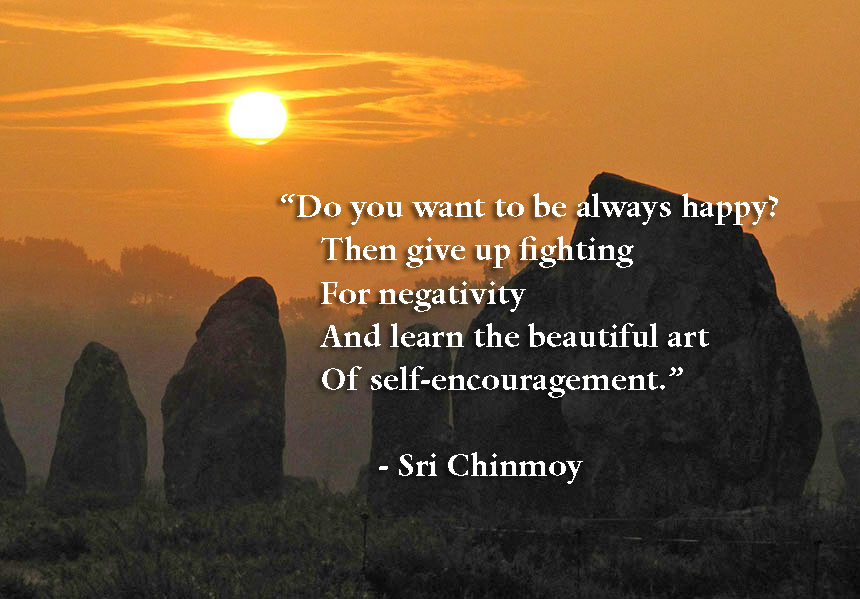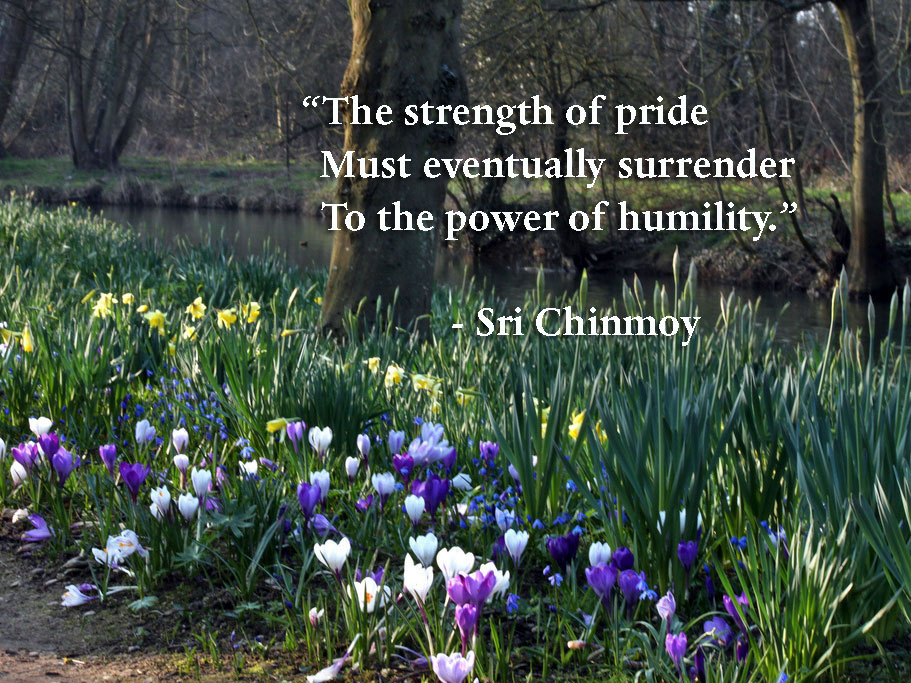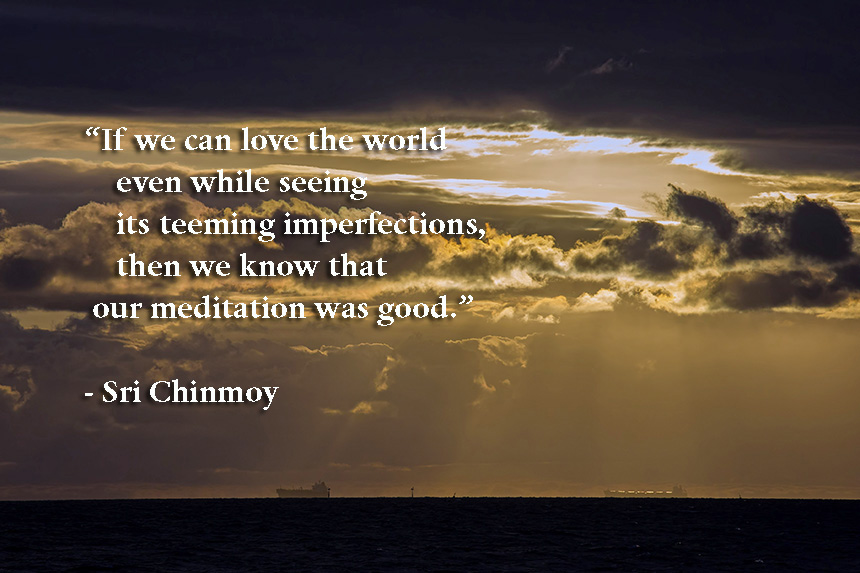Non-attachment to fleeting material things is a source of happiness. Non-attachment can also help us to discover and deeper and more meaningful sense of fulfillment.
 I was inspired to write this post, after a small incident about a dint in my car. I called the post the honest Buddhist, (at Tejvan.co.uk) because I was touched by a fellow seekers sincerity and honesty. It was also a reminder than non-attachment gives a sense of freedom and happiness.
I was inspired to write this post, after a small incident about a dint in my car. I called the post the honest Buddhist, (at Tejvan.co.uk) because I was touched by a fellow seekers sincerity and honesty. It was also a reminder than non-attachment gives a sense of freedom and happiness.
What is non-attachment?
Non-attachment means we do not cling to things of this world – it means we do not hold onto opinions, material objects, and people with a sense of personal possession and expectations.
Non-attachment means we love the source of life, but we also acknowledge everything in this world passes away.
Non-attachment means we try to do our best, but without expectation of result or reward.
Non-attachment and indifference
There is a big difference between non-attachment and indifference. Indifference means we don’t care and we ignore what is going on in the world. Non-attachment can involve a pure form of love, where we give and care. But, the difference is that we give this love, compassion and concern, without expecting a certain outcome and reward.
Non-attachment and love
“Detachment and not possession should be the bridge between you and the object of your love. Spiritual detachment intensifies the seeking of our hearts, purifies the vibrations of our bodies, transforms the ignorance of our consciousness into knowledge.”
– Sri Chinmoy [source]
If we love with attachment, we can easily become frustrated. Suppose we offer love, but the person doesn’t behave in the way we expect – then we become frustrated and even angry. However, if it is an unconditional love, a love without attachment, we can never be disappointed, because we love the real, the soul in other people. If outwardly, they disappoint, it doesn’t matter, because the divine love is its own reward. Continue reading “Non-attachment and happiness”

 This is the great paradox of leading a good life. If we do the right thing and follow all the required wisdom and spiritual scripture, we can gain a feeling of pride from our own actions. This feeling of pride we may not even notice because it is quite a subtle feeling.
This is the great paradox of leading a good life. If we do the right thing and follow all the required wisdom and spiritual scripture, we can gain a feeling of pride from our own actions. This feeling of pride we may not even notice because it is quite a subtle feeling.

